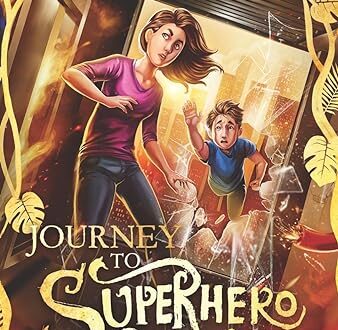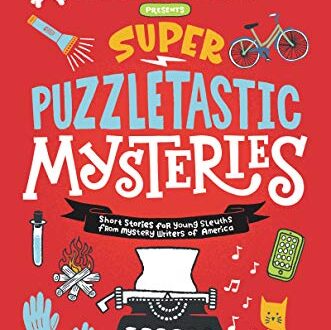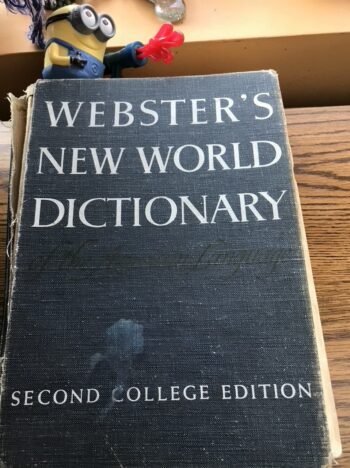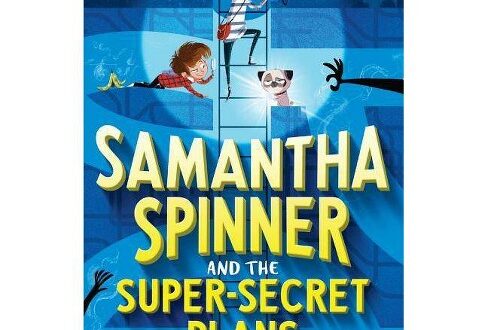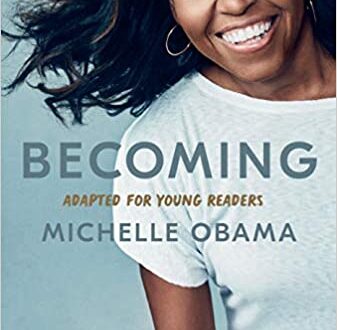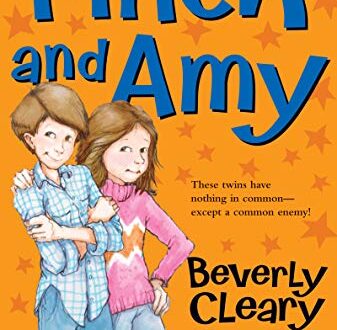-
Whiskers and Horses
Do horses have whiskers?
Oh yes, around their mouth, nostrils and eyes. Whiskers are sensory organs with their own nerve and blood supply. They provide sensory information that helps protect horses, helps them navigate their world—for instance, in the dark, whiskers help prevent them from bumping into things and injuring themselves—and even helps them while they graze. They are very much like an extra set of eyes, or hands.
For instance, horses use the whiskers on their muzzle (mouth and nose) to tell them how close their lips are to water. You’d think that if the water is right in front of a horse’s nose or eyes she could see it, right? Wrong!
Here’s why. Horses are prey animals. That means that Nature placed their eyes on the sides of their heads, giving them almost a complete view of everything around them—except right in front of their face and nose.
When a horse lowers her nose to investigate something new, people might think she is smelling the object, and if her nostrils are flared, she might be. But she’s also using her whiskers to receive special signals that help her figure out what it is, including information about texture and temperature.
Have you ever tried to look down and see your own lips? That’s pretty hard for most people to do, and that’s what it’s like for horses when they look down their nose. I bet you tried it just now!
-
Calling All Kids Looking For Adventure
Are you looking for adventure, intrigue, and laughs when you read a book? Well, if you do I’ve got four authors you will want to check out if you haven’t done so already.
The first is the writing duo of Henry Winkler and Lin Oliver. They write the Hank Zipzer series of books.

Hank, if you don’t know him already, is the world’s best underachiever. He’s smart, He’s creative. He’s funny. His pencils are sharpened. His binders are bound. He wants to do well in school – he really does. He tries not to be lazy, like his parents claim he is. So why is he always getting into trouble?
 Jody Feldman is another author you’ll want to check out if you’re not already familiar with her work. Jody wrote the puzzle series The Gollywhopper Games. But she’s got a more intriguing book you definitely want to check out called The 7th Level. The hero, Travis Raines, gets pulled into the super-secret society – The Legend. No one knows who is in it. Or how they pull off the spectacular school-wide events they are known for.
Jody Feldman is another author you’ll want to check out if you’re not already familiar with her work. Jody wrote the puzzle series The Gollywhopper Games. But she’s got a more intriguing book you definitely want to check out called The 7th Level. The hero, Travis Raines, gets pulled into the super-secret society – The Legend. No one knows who is in it. Or how they pull off the spectacular school-wide events they are known for.Travis is given a mind-bending puzzle to solve. If he does he could become legendary among his middle grade classmates. That is – if he can stay out of trouble. Then comes the biggest puzzle of all: what if the messages aren’t from The Legend? Could someone want to take Travis down?
 And the last author you’re going to meet today is Mac Barnett. Mac has a lot of books out for you to read if you like a lot of action with your adventure. One of his series is Mac B Kid Spy, starring Mac when he was a kid – and a spy. You have to read the books to see how that came to be.
And the last author you’re going to meet today is Mac Barnett. Mac has a lot of books out for you to read if you like a lot of action with your adventure. One of his series is Mac B Kid Spy, starring Mac when he was a kid – and a spy. You have to read the books to see how that came to be.Another series is a Netflix original series called The Last Kids On Earth by Max Brallier.
Thirteen year-old Jack Sullivan was just an average kid till the monster-zombie apocalypse occurred. Alone, he’s no match for the zombies. If he’s going to take back his town he’s going to have to build a team of whatever kids he can find. And find them he does – all three of them. Along with he own pet monster he names Rover.
Check out Jack and his friends and tell us what you think of Max Brallier and the other authors.
-
Why Do We Say That?
Are you an expression-curious person? Curious about words and phrases you might use all the time, but have no idea why we say them or where they come from? I have always loved to investigate wacky etymologies. Etymologies–now there’s a word!
Etymology is the study of the origins of words. Most words that end in -ology mean “the study of.” Etym comes from the Greek word for, well, “word.” I looked this up in a dictionary I have had since I was a freshman in college, Webster’s New World Dictionary. I still use it today.
Here are a few more mysterious words and how we came to write and say them:
When pigs fly means pretty much never, because pigs don’t fly. It is called an adynaton, or a way of saying something that won’t happen. The phrase has been around since the 1600s and is an early form of sarcasm. It was spoken by the Duchess in Lewis Carroll’s Alice’s Adventures in Wonderland.
Keep your eyes peeled means to keep a close lookout. Peeled in this sense means to keep your eyelids wide open. The phrase used to be, “keep your eyes skinned,” but I think it sounded too gross to keep saying.
I call dibs! My old dictionary says that a dib is another word for a dibble, a small pointed tool to make a hole in soil to plant seeds. Children in the 19th century played a game called dibstones using dibbles, and to call “dibs” meant they went first in the game.
Raining cats and dogs is a very old term for heavy rain. It’s not clear how it started, but it might have to do with Norse mythology, ancient superstitions, or clever writers in the 17th century. A famous writer, Jonathan Swift, used it in his satirical writings (satirical means writing that calls attention to silly or pompous people in a funny way).
Hold your horses means you are doing something too fast, so slow down. There are lots of ideas about how this phrase started, all the way from Greek times to the 19th century when men worked on the Erie Canal hauling freight using horses. It was a common phrase when horses were used in all kinds of jobs and making sure they were under control was very important.
Don’t be afraid to look up words that you find intriguing, funny, odd, or nonsensical. It’s a fun game to find out where they came from.
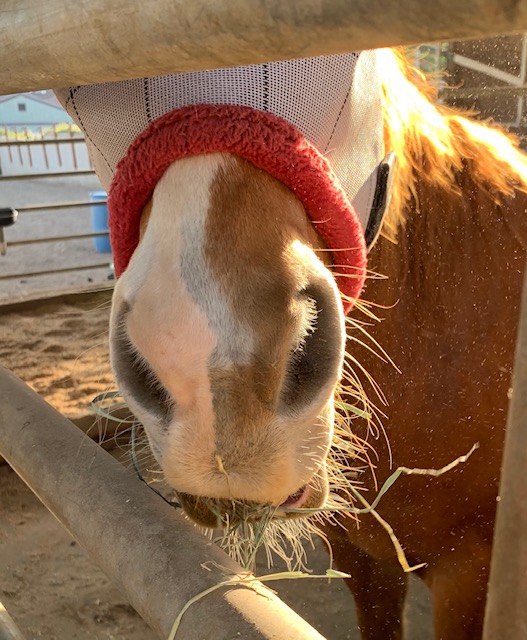
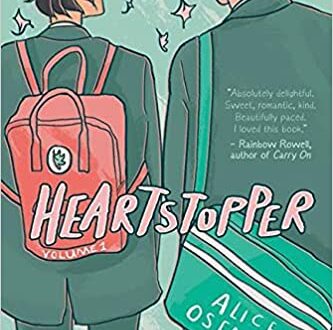
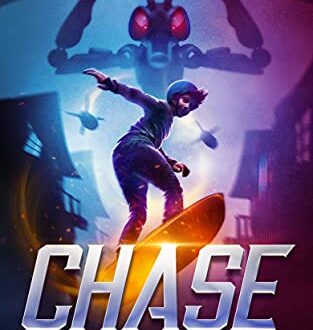
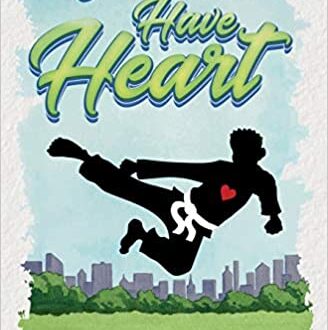
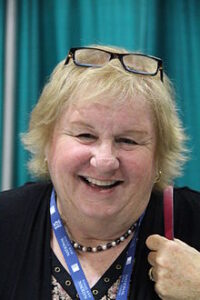
 Jody Feldman is another author you’ll want to check out if you’re not already familiar with her work. Jody wrote the puzzle series The Gollywhopper Games. But she’s got a more intriguing book you definitely want to check out called The 7th Level. The hero, Travis Raines, gets pulled into the super-secret society – The Legend. No one knows who is in it. Or how they pull off the spectacular school-wide events they are known for.
Jody Feldman is another author you’ll want to check out if you’re not already familiar with her work. Jody wrote the puzzle series The Gollywhopper Games. But she’s got a more intriguing book you definitely want to check out called The 7th Level. The hero, Travis Raines, gets pulled into the super-secret society – The Legend. No one knows who is in it. Or how they pull off the spectacular school-wide events they are known for.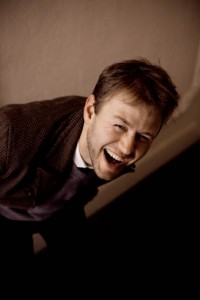 And the last author you’re going to meet today is Mac Barnett. Mac has a lot of books out for you to read if you like a lot of action with your adventure. One of his series is Mac B Kid Spy, starring Mac when he was a kid – and a spy. You have to read the books to see how that came to be.
And the last author you’re going to meet today is Mac Barnett. Mac has a lot of books out for you to read if you like a lot of action with your adventure. One of his series is Mac B Kid Spy, starring Mac when he was a kid – and a spy. You have to read the books to see how that came to be.